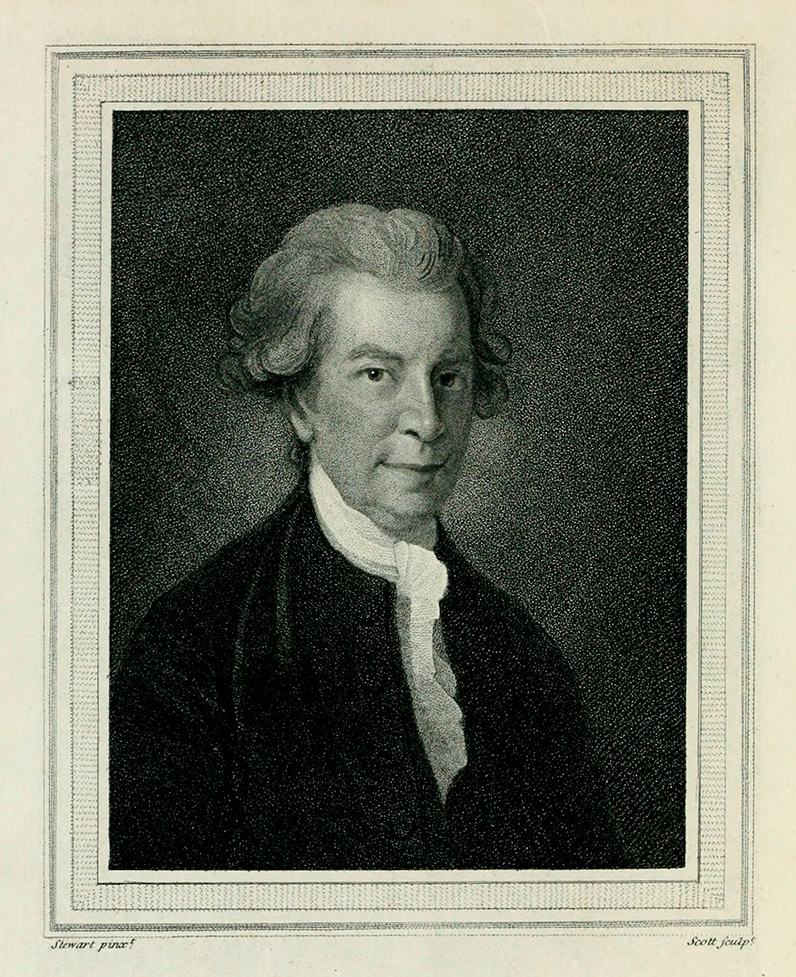Key People
Thomas Sheridan (1719-1788)
Thomas Sheridan was an Irish actor and the father of the playwright and politician Richard Brinsley Sheridan (1751-1816). He performed in London, Edinburgh and Dublin.
As an actor, Sheridan was interested in elocution. He wrote ‘British education’ (1756) and travelled Britain delivering a series of 12 lectures on spoken English which aimed to provide a guide to correct and proper pronunciation. His lectures were published in 1762.
He was incorporated as a Master of Arts at Oxford in 1758, and wrote about theatre, education and the English language. He also worked on a dictionary which was published in two volumes in 1780.
Image: ‘Thomas Sheridan’, by Edmund Scott, after Robert Stewart, 1789. By courtesy of the National Portrait Gallery.
